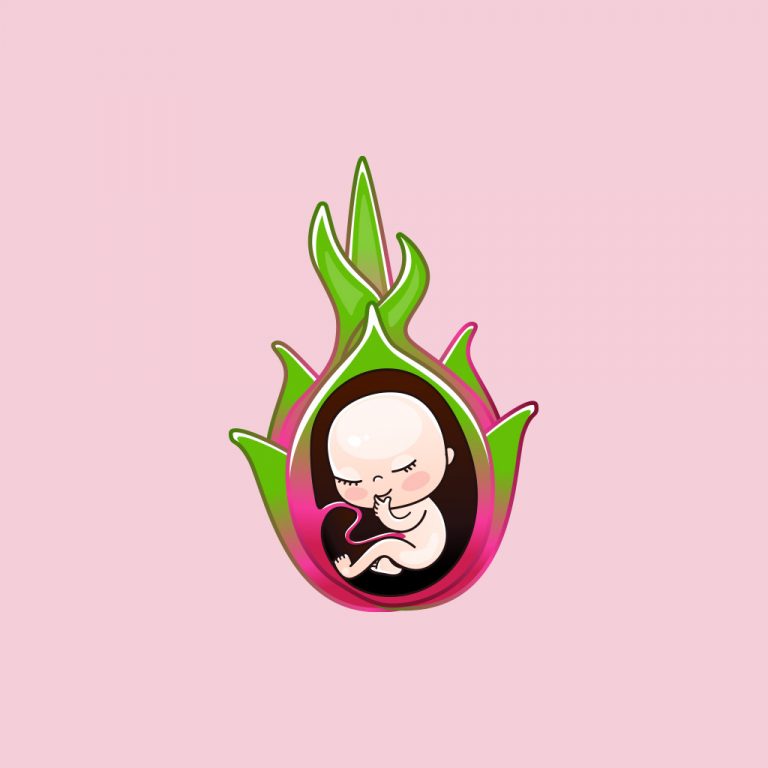Comprehensive Guide on the Name “Lea”

Lea
Meaning: Meadow / Gender: Girl / Pronunciation: LEE-uh
Origin and Historical Background
The name “Lea” has origins tracing back to several cultures and languages. Most notably, it is derived from the Hebrew name Leah (לֵאָה), which means “weary.” However, the English version Lea is often associated with the Old English word “lēah” or “lēa,” meaning “meadow” or “woodland clearing.” This dual origin gives the name a rich historical tapestry, blending pastoral imagery with deep-rooted ancient linguistics.
In different parts of the world, Lea is recognized and appreciated differently. In Nordic countries and Germany, Lea is a popular name, often used in birth registries and records, signifying its widespread appeal.
Meaning and Cultural Significance
The name Lea is deeply evocative of natural, pastoral settings—think tranquil meadows, peaceful clearings, and secluded woodlands. This imagery makes the name Lea synonymous with peace, serenity, and simplicity. For expectant parents who value a connection to nature, the name Lea offers a timeless yet contemporary choice.
In some cultures, the name is also imbued with a sense of quiet strength and protection, making it appealing for its balance between beauty and resilience.
Famous Historical Figures with the Name Lea
1. Lea Salonga
- Historical Era: Modern Era (1970s to present)
- Key Contributions: Lea Salonga is a Filipina singer and actress best known for her roles in musical theatre and her performances in the Disney animated films “Aladdin” (as the singing voice of Princess Jasmine) and “Mulan” (as the singing voice of Fa Mulan). She was the first Asian woman to win a Tony Award.
- Cultural Impact: Salonga’s international success has opened doors for other Asian performers in Western media and has made significant contributions to the global entertainment industry.
2. Lea Michele
- Historical Era: Modern Era (1980s to present)
- Key Contributions: Lea Michele is an American actress, singer, and author, widely recognized for her role as Rachel Berry on the television series “Glee.”
- Cultural Impact: Michele’s role in “Glee” was groundbreaking for its positive portrayal of a multi-faceted, ambitious young woman, and it brought musical theatre into mainstream popular culture.
Usage Over Time
The name Lea has fluctuated in popularity over the decades. It has seen particular periods of increase, with notable rises in the 1980s and early 2000s. According to the Social Security Administration’s database, Lea has maintained a steady presence within the top 1,000 baby names, peaking at different times over the decades largely due to cultural influences and famous personalities bearing the name.
Pronunciation Guide
Lea is pronounced as “LEE-uh.” The stressing on the first syllable makes it simple and elegant. It is worth noting that different countries might have slight variations, but “LEE-uh” is the most accepted form.
Biblical Context
In the Bible, Leah is a significant figure. She was the first wife of Jacob and the sister of Rachel. Leah’s story is an integral part of the Book of Genesis. Leah bore Jacob six sons—Reuben, Simeon, Levi, Judah, Issachar, and Zebulun—and a daughter named Dinah. This makes her a matriarch of several of the Tribes of Israel, deeply embedding the name within Judeo-Christian heritage.
Additional Unique Information
Numerology
The numerological profile for Lea suggests traits of creativity, sensitivity, and cooperation.
Variations
Lea has several variations, including Leah, Lia, and Léa (common in French-speaking countries).
Cultural Variants
Different cultures have minor variations of the name, such as “Liya” in Ethiopia and “Liya” in Russia.
Popularity
According to the Social Security Administration, Lea has seen periodic popularity increases, particularly noted in the 1980s and 2000s. It remains a beloved choice in several countries, even appearing in the top lists in places like Germany and the Nordic countries.
Conclusion
Lea is a name rich in history, meaning, and cultural significance. Its connection to both natural beauty and historical depth makes it a beautiful choice for a baby girl. Whether valued for its serene meaning or esteemed lineage, Lea offers an excellent combination of grace and strength for any child.









